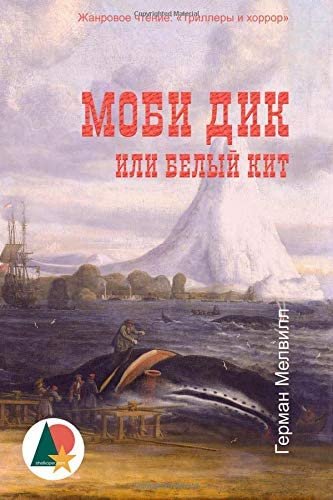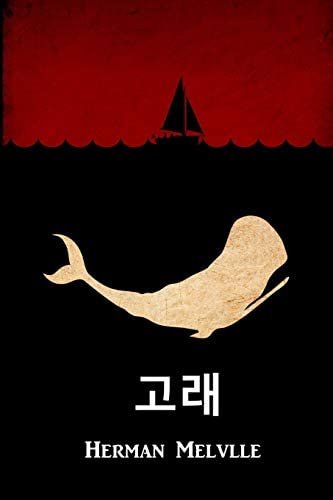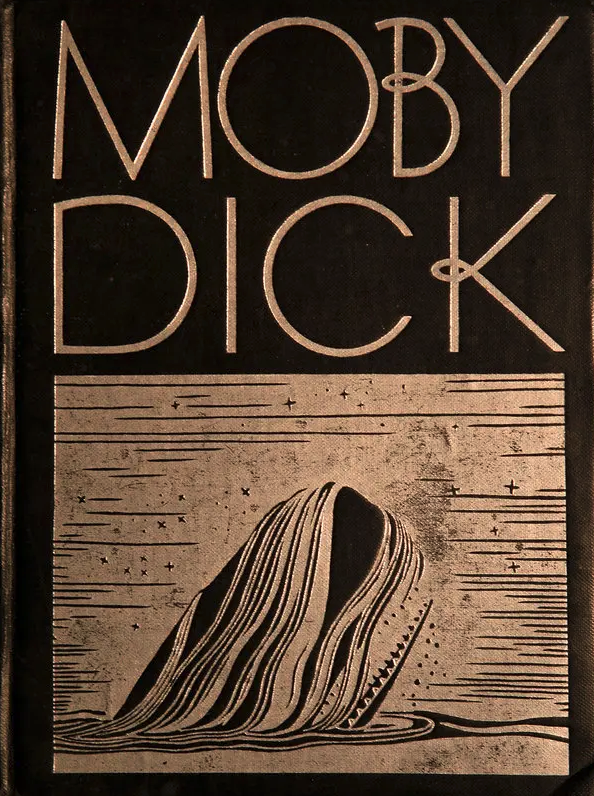THAR SHE DOESN'T BLOW -- YET
JANUARY 7, 2023 — NEW BEDFORD, MA — Seated aboard the creaky model of an old whaling vessel, a hearty crew of readers awaits. Around the world, from England to Michigan, from Hong Kong to Chicago to The Attic, hundreds stream online.
“Watchman,” says the bespectacled woman at the podium. “Give me eight bells, please.” One-by-one the bells signal the noon hour. To the podium steps Taylor Schilling, star of “Orange is the New Black.” Thick book in hand, she launches in.
“Chapter One. Loomings.” A deep breath. “Call me Ishmael.”
Cheers greet the most famous opener in American lit. Schilling pauses, laughs, continues. “Some years ago, never mind how long precisely. . .”
And we are off! The 27th annual Moby Dick Marathon is underway. For the next 25 hours, driven by riveting prose or slogging through digressive doldrums, all 450-plus pages of Herman Melville’s classic will unfold here where the story starts — in the old whaling village of New Bedford.
Perhaps you read it in high school. Perhaps you jumped ship at page 50. Perhaps your book group huffed mightily, for or against it. However you met Moby Dick, you know peg-legged Ahab, you know his fanatical quest. Yet you might not know why, on a bright winter afternoon and on through a long, dark nightwatch, some 1,500 fans will drop in online or in person to hear Melville’s masterpiece read aloud.
“As adults, how often do we sit and let someone read us a story?” asked Amanda McMullen, CEO of the New Bedford Whaling Museum. “There is something pretty spectacular about the communal feeling of being in it with other people. You’re sort of launched on this epic tale with very salty characters.”
The actress finishes Chapter One, then turns the watch over to a Boston news anchor. Then up steps another. And another. But who are these people?
A program lists readers’ “affiliations.” Most call themselves “Melville aficionado,” but the crew includes teachers, lawyers, the granddaughter of a sea captain, a state rep, a mayor, a sailor, and aping Melville’s description of one character, “a Lakeman and desperado from Buffalo.”
Other than the actress, none are identified. Anonymous, they are America itself, reading this Great American Novel.
Most readers have two things in common — eyeglasses and trouble with Melville’s Shakespearean syntax. Tasked with dialogue, many summon an inner pirate for a guttural “arrrghh,” but just as many stumble and press on. This is the 19th century speaking to the 21st and Methinks it was not meant to be read aloud. But in this struggle, history is on the readers’ side.
Melville was a best-selling author of South Seas memoirs when, in 1850, he latched onto old sailor’s story of a vicious white whale and held on for dear life.
“The poetry runs as hard as sap from a frozen maple tree,” Melville wrote a friend. “& to cook the thing up, one must needs throw in a little fancy. . . Yet I mean to give the truth of the thing, spite of this.”
The Whale met mixed reviews. Boston Post: “The Whale is not worth the money asked for it, either as a literary work or as a mass of printed paper." Disappointing sales led Melville to write less and to work as a customs officer. When he died, The Whale was out of print. Only with his centennial in 1919 did critics revive it, rename it, judge it a classic.
“American literature begins with Moby Dick,” novelist E.L. Doctorow noted.
On through the afternoon, through delightful chapters where Ishmael meets the colorful Queequeg and the Pequod crew, the reading rolls on. A Boston accent is fah fah bettah than none, and knowing nautical terms can prevent the shame of saying “forecastle” instead of the sailor’s “foc’sle.”
But nothing hides the truth acknowledged by Doctorow. Knowing Moby Dick had a single dramatic moment — the chase — “Melville’s problem was how to pass the time until then.” The mid-book’s digressive chapters, though short, cannot prevent fans from drifting away. Some go to hear a Q&A with Melville scholars, others to kids’ events or museum exhibits. By midnight, about fifty remain.
On through early morning hours, with forty or so tuning in online, the journey continues. Then at 10:00 a.m., the audience swells again, filling the third floor reading room. Enter The Attic to cut to the chase. A very salty character steps to the podium.
“Chapter 119 — The Candles. Warmest climes but nurse the cruelest fangs. . .” The 400-page quest, the all-night vigil are over. Listeners sense the whale’s approach. Voices rise and crest. Methinks this finale was meant to be read aloud.
“’The Boat! The boat!…’ Starbuck grasped Ahab by the arm. ‘God, God is against thee, old man. Forebear. ‘Tis an ill voyage, ill begun, ill continued.‘“
Perhaps you jumped ship, missing final chapters that, one critic observed, “are an action novel.” And on we plunge.
Ship’s log — 12:15 p.m. Chapter 133. Page 445. “There she blows! There she blows! A hump like a snow hill. It is Moby Dick!” Cheers erupt! All hands on deck! Lower the boats!
At 12:45, a penultimate reader, chosen for his dramatics, holds forth.
“‘Give way!’ cried Ahab to the oarsmen, and the boats darted forward to the attack. . . .”
“The whale, the whale! Up helm, up helm! Oh, all ye sweet powers of air, now hug me close!”
Like all of us, James Lukens, self-described “fly fisher, conservationist, Melvillean,” was riveted. This is Lukens’ ninth marathon. To prepare, he read the novel — for the twelfth time. But he, too, had a rocky start.
“I was forced to read it in high school,” the tall ex-exec remembers. “I probably bought the Cliff Notes but I was lost. Then in college, I had to read it again and I was blown away.”
But the chase, mates! The chase!
“The harpoon was darted. . . The line ran through the groove. . . Ahab stooped to clear it; he did clear it; but the flying turn caught him round the neck. . . He was shot out of the boat, ere the crew knew he was gone. . . Then all collapsed, and the great shroud of the sea rolled on as it rolled five thousand years ago.”
There remains only the brief Epilogue, read by Amanda McMullen. Ship’s log 1:15 p.m. “And I only am escaped alone to tell thee.”
A long ovation, a show of hands. Some one hundred have just finished their first Moby Dick Marathon. About 50 survived the entire reading. Dates for the next marathon are announced — January 6-7, 2024. The crew heads out with promises to “see you next year.”
Call me exhausted. Methinks it’s time for fish n’ chips. Avast!























